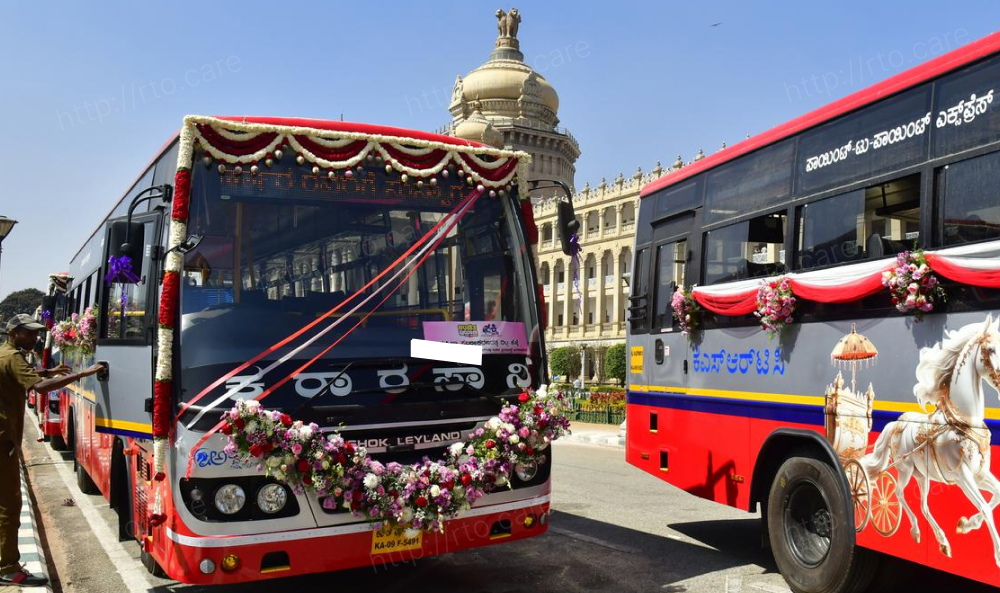Thiruvananthapuram: In an effort to make the indebted public transportation system, Kerala State Road Transport Corporation (KSRTC), a profitable organization, the Kerala government has decided to introduce a 12-hour single duty schedule for its employees. The Congress-affiliated trade union Transport Democratic Federation (TDF) agreed to a single duty arrangement but insisted that it must only last for eight hours, not the 12-hours the state administration had suggested.
The pro-CPI(M) Centre of Indian Trade Unions (CITU) claimed that the system must be implemented within six months of October 1 after reaching an agreement with everyone, although it made no mention of the timeframes under the system.
Following a meeting on September 5 with Chief Minister Pinarayi Vijayan, it was also resolved to resolve the salary arrears of state-run KSRTC employees before Onam. These employees have been protesting for several months over the failure to get their paychecks.
The government also issued an order on September 6 directing the transfer of Rs 100 crore to KSRTC from the money designated for the transport body under the budget in connection with the payment of wage arrears.
A statement from the Chief Minister's Office (CMO) following the September 5 meeting had stated that a 12-hour single duty system will be adopted and that tasks would be rotated on a zonal basis.
Additionally, it had said that a four-hour break would be included in the 12-hour shift.
Additionally, the CMO statement had stated that the technology will be used six days a week and would initially be utilized in ordinary and fast passenger services.
It had said that it must be made applicable to 50% of the workforce at first, and that the number may afterwards be raised or lowered.
The TDF, on the other hand, stated that it disagreed with 12-hour shifts and insisted that the times be in accordance with the 1961 Motor Transport Workers Act.
After the meeting, they spoke to the media and said that if the 12-hour shift was implemented, those who had to travel a great distance to work and had to start at 6 am would not be able to get home before 7-8 am because they had to turn in accounts, park the buses, etc. after the end of their shift.
The TDF leaders had stated that such work hours for six days a week would be harmful to the health of the drivers and conductors, which in turn may prove unsafe for passengers riding on KSRTC buses. They would then arrive home only at 10 pm.
They had stated, "We are amenable to an 8-hour single duty regime."
The Congress-led The United Democratic Front (UDF) opposition made the same claim last week in the state assembly. In response, Kerala's transport minister Antony Raju stated that in addition to the 12-hour shift, there would also be a 4-hour rest break during which the drivers and conductors may sleep or unwind.
Raju had further stated in the House that the trade unions were opposed to the single duty system following the ratification of an agreement that also included a new compensation structure.
In media appearances, TDF and Centre of Indian Trade Unions (CITU) both claimed that KSRTC management had misled the state government and the chief minister regarding staff compensation.
The state government argued in the CMO statement of September 5 that the single duty system would result in higher salaries for the workers, lessen the strain of long distance driving, reduce accidents, allow for the operation of 600 to 800 additional buses, and increase KSRTC's revenue generation by an additional Rs 20-25 crore each month.





